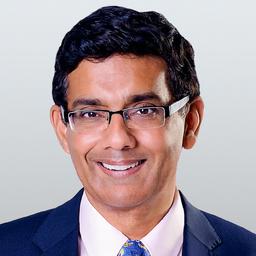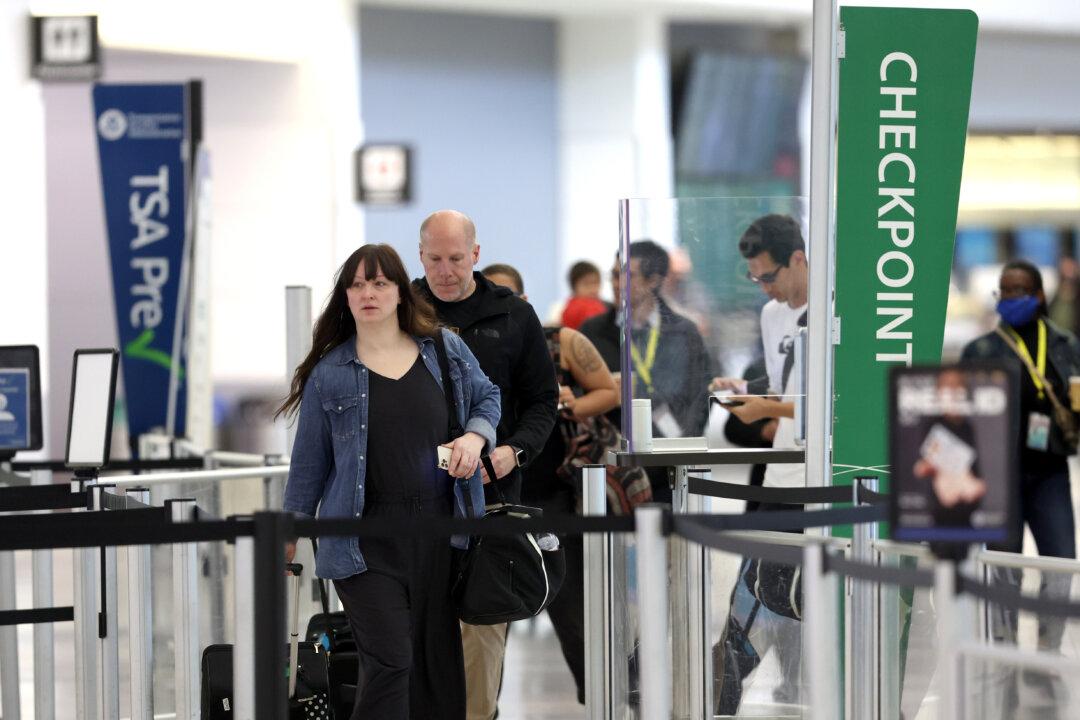Commentary
The notification, when it arrived, seemed innocuous enough. It appeared, on first glance, to be an email notification of some change of status regarding my credit card, obtained many years ago through the Chase Bank. Normally, I don’t even read such notifications. Life is too short.





